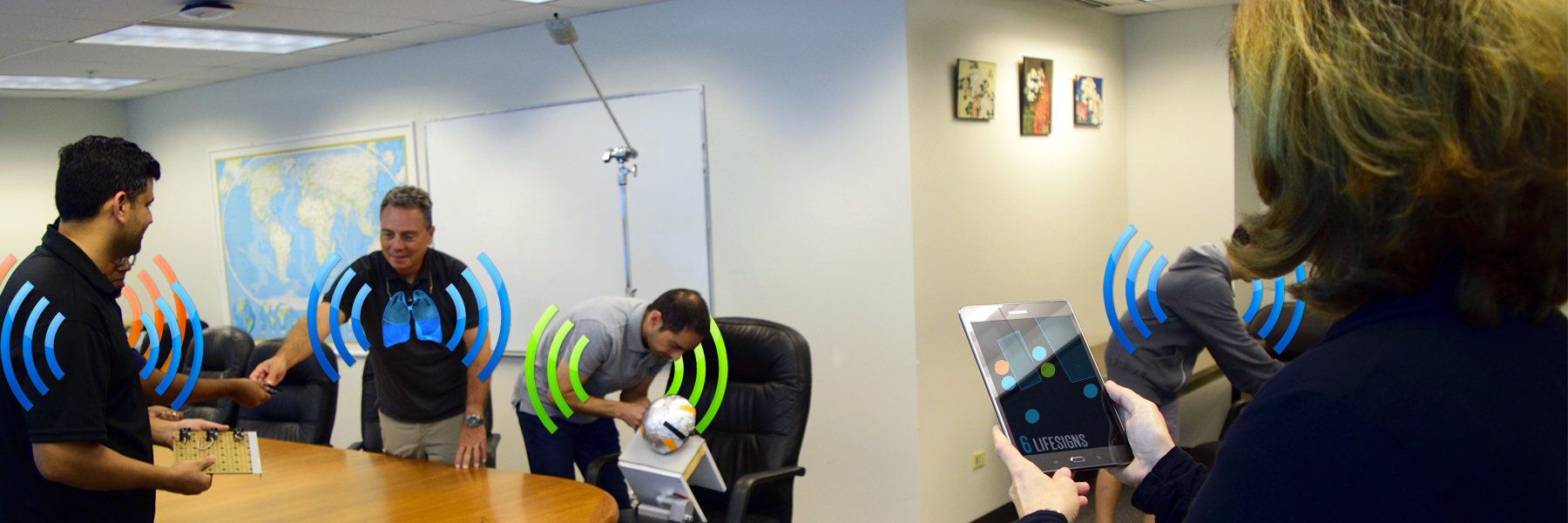
Occupancy detection project awarded additional $150K NSF grant
The National Science Foundation has awarded UH College of Engineering researchers an additional $150,000 grant to their previous $750,000 grant to develop a battery-operated version of their TruePODS™ product – a low-cost sensor capable of sensing the presence and number of individuals in a room. This Technology Enhancement for Commercial Partnership (TECP) supplement grant was awarded to the technology company Adnoviv, a Phase I graduate of the XLR8UH start-up program.
Through the use of multiple sensor technologies, low-power circuit design, and advanced algorithms developed by researchers at the University of Hawaii’s Department of Electrical Engineering, TruePODS-LP will be able to recognize motion from a subject’s breathing and heartbeat.
Occupancy detection systems play a pivotal role in the energy efficiency of smart buildings by cycling lights, proactively adjusting ventilation and temperature, and providing data for energy management systems. “An accurate occupancy detection system like TruePODS will deliver the occupancy information required by smart buildings to greatly reduce energy consumption,” says Dr. Amy Droitcour, Adnoviv’s Chief Technology Officer. “This battery-operated version of TruePODS will make it easy and inexpensive to retrofit buildings currently outfitted with passive infrared occupancy sensors. When those are replaced with accurate TruePODS systems, they can realize considerable energy savings.”
Olga Borić-Lubecke, professor of electrical engineering in the College of Engineering and a co-principal investigator on the grant, co-founded Adnoviv in 2013 with electrical engineering Professor Victor Lubecke. The company focuses on research-driven technology, developing innovative sensors and systems for industrial, medical and security applications.


